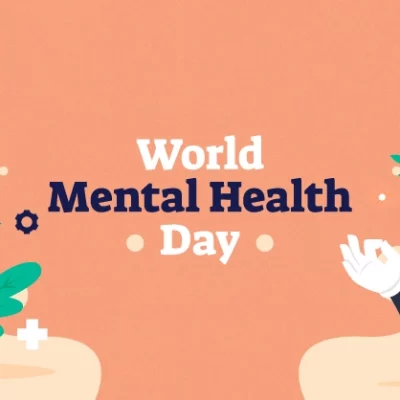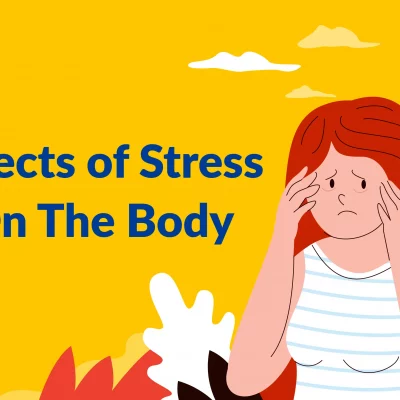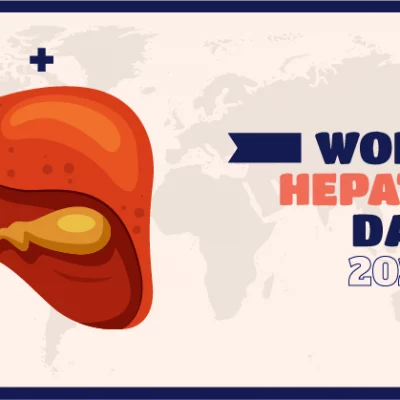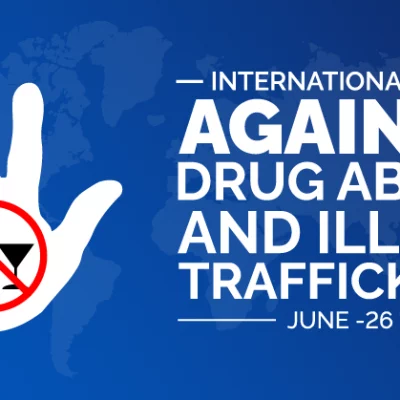Busting Myths About the Coronavirus Disease
Table of Contents
Most people use the terms “coronavirus” and “COVID-19″ interchangeably, but one is actually a subset of the other. Coronaviruses are a large family of viruses that can cause an illness affecting your lungs and airways.
These illnesses range from the common cold to more severe diseases such as Middle East Respiratory Syndrome (MERS-CoV) and Severe Acute Respiratory Syndrome (SARS-CoV).
The recent strain that was discovered in 2019 is referred to as the novel coronavirus and it is this strain that causes the infectious disease, COVID-19.
With the impact of the coronavirus disease (COVID-19) being felt all over the world, the situation continues to change and evolve. We understand that during this challenging time, there is bound to be some panic which leads to many untruths and unknowns surrounding the topic.
So, it is important to understand which information is true and which isn’t.
Myth 1: Regularly rinsing your nose and mouth with saline helps prevent COVID-19.
 As of now, there has been no evidence to suggest that regularly rinsing your nose and mouth with saline will protect people from being infected with the new coronavirus.
As of now, there has been no evidence to suggest that regularly rinsing your nose and mouth with saline will protect people from being infected with the new coronavirus.
Myth 2: Children can’t catch COVID-19, it is only the young people and older adults who are at risk.

COVID-19, like other coronaviruses, can infect anyone, irrespective of age. Having said that, older adults and people with pre-existing medical conditions such as asthma or diabetes are more vulnerable to becoming severely ill. Even though most cases have been diagnosed in adults, children are in no way immune to the coronavirus.
Myth 3: Taking an antibiotic will help prevent or treat COVID-19.
 Unfortunately, antibiotics do not work against viruses, they only work on bacterial infections. Since COVID-19 is caused by a virus, antibiotics should not be used as a means of prevention or treatment against it. However, antibiotics may be given to people to prevent bacterial co-infection.
Unfortunately, antibiotics do not work against viruses, they only work on bacterial infections. Since COVID-19 is caused by a virus, antibiotics should not be used as a means of prevention or treatment against it. However, antibiotics may be given to people to prevent bacterial co-infection.
Myth 4: Wearing a face mask will prevent COVID-19.

You should wear a mask if you are ill with symptoms (especially coughing) or looking after someone who may have COVID-19. Some masks do not fit against the face, so droplets can still enter the mouth and nose, and tiny viral particles can penetrate directly through the material. Also, keep in mind that a disposable face mask can only be used once.
Myth 5: Spraying alcohol or chlorine all over your body will kill the new coronavirus.

Absolutely not. Spraying alcohol or chlorine all over your body will not kill the viruses that have already entered your body. It is also harmful to spray these substances on your body directly or on your clothes. However, you can use alcohol and chlorine to disinfect surfaces and places around the house, but they need to be used under appropriate recommendations.
Myth 6: You can protect yourself from COVID-19 by eating garlic, taking acetic acid or steroids, or using essential oils, saltwater, or other substances.
 None of these recommendations protects you from getting COVID-19, and some of these practices may prove to be harmful. The best ways to protect yourself from the coronavirus (as well as other viruses) include washing your hands frequently and thoroughly, using soap and hot water, and avoiding close contact with people who are sick, sneezing or coughing.
None of these recommendations protects you from getting COVID-19, and some of these practices may prove to be harmful. The best ways to protect yourself from the coronavirus (as well as other viruses) include washing your hands frequently and thoroughly, using soap and hot water, and avoiding close contact with people who are sick, sneezing or coughing.
If you have any other questions regarding the recent global healthcare crisis, you can get in touch with our 24/7 support team of experts who are working remotely to accommodate requests for alternative student housing. Our dedicated team is available to answer any questions you have on what the next steps are.






